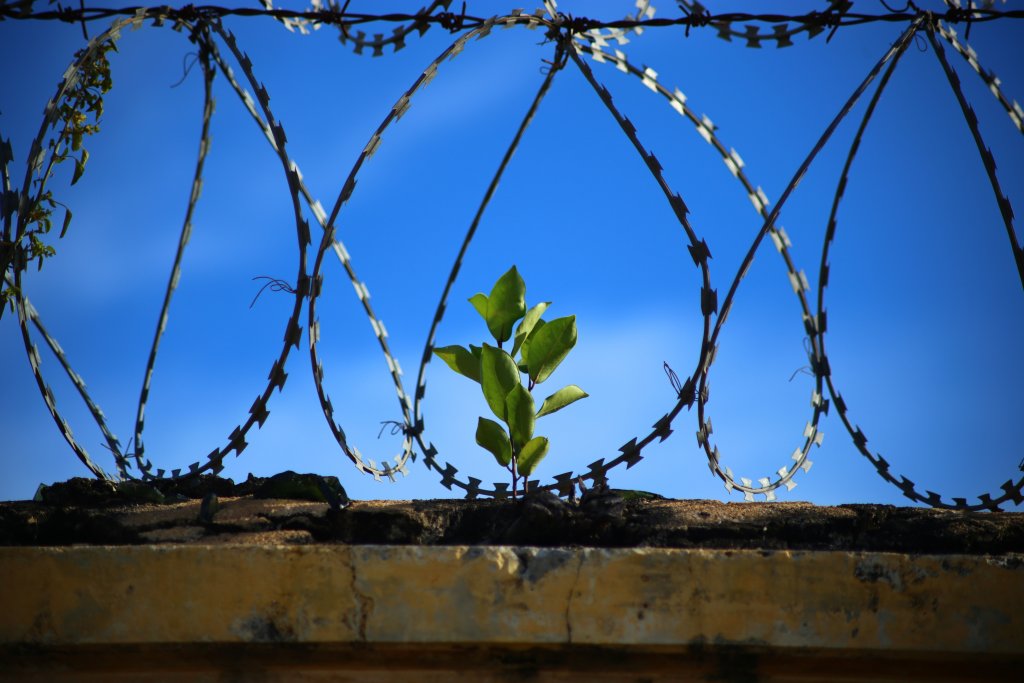
In mid-October 2020, hundreds of Houthi rebels and pro-government fighters were freed in Yemen in a prisoner swap agreed at UN-supervised talks. In September, Afghanistan resumed freeing Taliban militants whose release was a key part of the peace deal between the US and the Taliban in February. These recent events underscore how conflict-related imprisonment, far from being a peripheral issue, often becomes a pivotal aspect of protracted conflicts, with prisoner exchanges frequently employed as a principal element of broader peace negotiations.
The significance of imprisonment in protracted conflicts, and its impact on broader conflict trajectories, is not new. As history tells us—and as I explain in a new Security Dialogue article—prisons have functioned as epicentres of protracted conflicts in numerous high-profile contexts, including Israel-Palestine, Northern Ireland, and South Africa. In each of these cases, the state attempted to use ‘preventive’ detention[1] and mass incarceration to contain, control, and punish dissidents. However, these tactics often backfire on states as politically-motivated prisoners exert their relevance by making imprisonment itself a central issue in the wider conflicts. Rather than retreating to the margins, prisoners have taken back prison spaces as loci of organising and resistance, forcing both state authorities and their own external parties to engage with them seriously as political actors.
”prisoners exert the most influence on both state authorities and their own factions when they engage in…‘radical pragmatism.’
This subversion of the prison space is not automatic, however, nor is it is limited to high-profile tactics such as hunger strikes (though these do play a role). Indeed, as my article (free access) in Security Dialogue demonstrates, prisoners exert the most influence on both state authorities and their own factions when they engage in what I call ‘radical pragmatism.’ In this longer form strategy, prisoners first and foremost establish self-governing ‘counter-orders,’ systems of internal organising that enable them to maintain a sense of autonomy, while also regulating their daily life via covert leadership elections, financial coordination, communications systems, and education curricula.
The ‘radical pragmatism’ approach also includes low-profile everyday acts of refusal to protest for rights and improved conditions, such as refusing to comply with orders, refer to guards by honorifics, or submit to strip searches. Only when these actions fail to produce gains do prisoners resort to hunger strikes, which (contrary to popular belief) typically focus on improving conditions or drawing attention to the issue of imprisonment rather than pushing for mass release. Hunger strikes are most successful when they put so much internal pressure on prison authorities that the prison system itself, which relies on compliance and order, essentially becomes unworkable, such that prison authorities have an incentive to negotiate conditions. External pressure from factions, solidarity groups, and at times, international networks, can put additional pressure on the state, but this is typically secondary to the internal dynamics.
In each of the cases I examined, the issue of imprisonment became central in conflict negotiations, with prisoners and ex-prisoners directly involved in early talks in South Africa and Northern Ireland, and prisoner releases being a key confidence building measure in the last round of (failed) talks in Israel-Palestine. As such, the politics of contention that characterises prisons can affect broader conflict trajectories, as the back-and-forth dynamic between prisoners and authorities, combined with external pressure, transforms prisons from mere jails to spaces for control, resistance, and at times, compromise.
[1] Called ‘administrative detention’ in Israel-Palestine, ‘internment’ in Northern Ireland, and ‘arbitrary detention’ in South Africa.